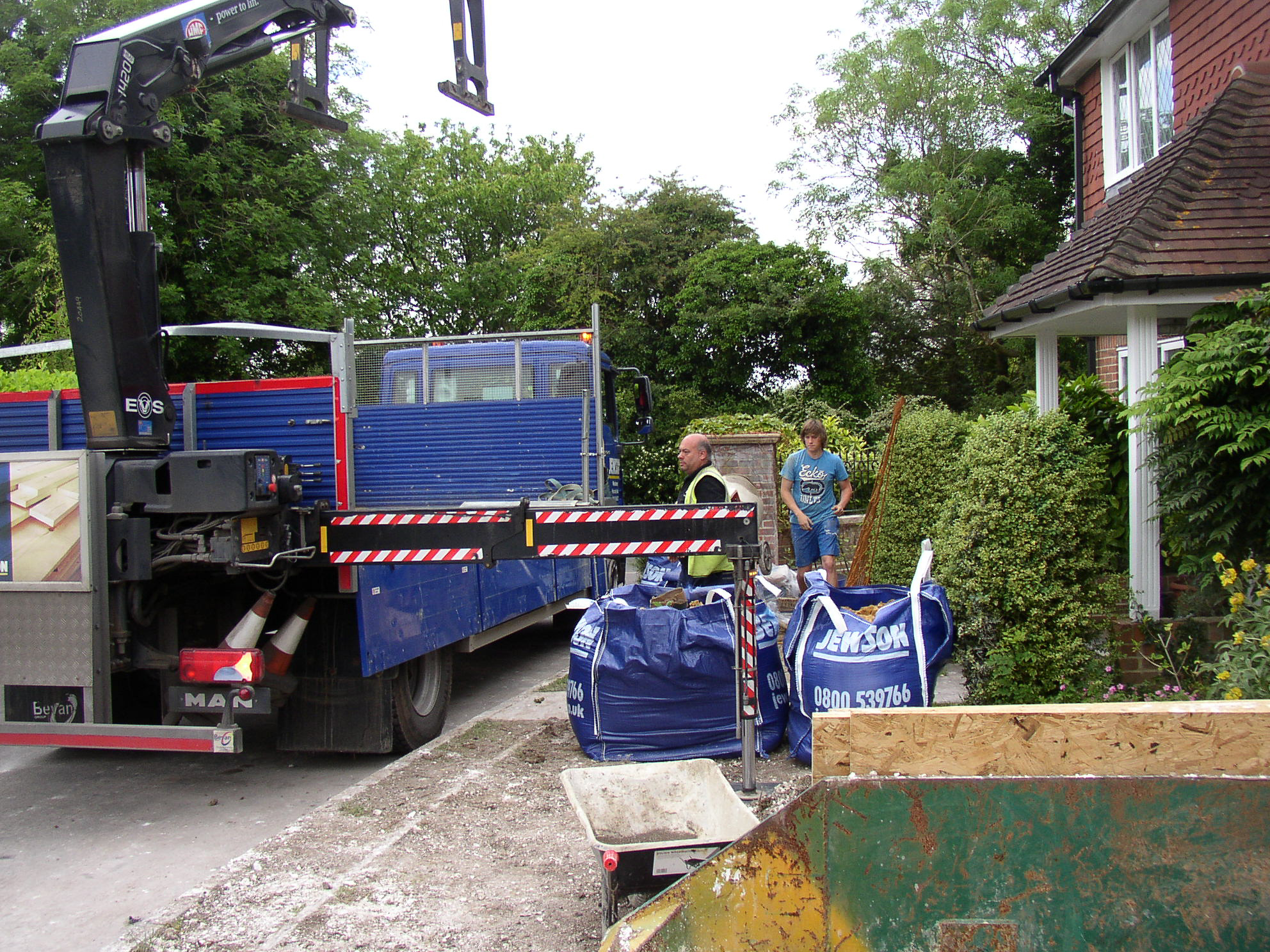Can I start a build while I'm waiting on planning permission?
Can I start a build while I'm waiting on planning permission?
Your builders are ready to go. Materials have been ordered. But you’re still waiting for planning permission to come through. What do you do?
As tempting as it is to finally get the contractors started and begin building without planning permission, there are risks and you may be subjected to a planning breach.
The good news is not all home extensions require planning permission. Many home improvement projects can be done under Permitted Development Rights, including single-storey extensions as long as it adheres to government guidelines (See planningportal.gov.uk for a full list of caveats.) Even if you are advised you don’t need planning permission, it is still useful to apply for a Lawful Development Certificate, as this will prove your extension is lawful.

However, anything that requires the creation of a new house, or extensive changes to an existing building will usually require planning permission. Some councils will offer pre-application advice, where as part of a paid-for service, you can discuss the proposal with a duty planning officer. This is a good way to find out if there is a reasonable chance of getting permission or highlighting any problems that could cause the plans to be refused. If you decide to go ahead and develop land without planning permission, it won’t be regarded as unlawful – but you are still taking a gamble.
Pre-application advice is no guarantee of plans being granted. If planning is refused and you have begun ‘unauthorised’ building works, there may be a planning breach. In this case, the local council will ask you to submit a retrospective planning application, which again might not automatically be granted. If retrospective planning permission is granted, you will not need to take further action. If the local authority is still not satisfied and refuses permission they may issue an enforcement notice which requires you to put things back as they were, which can be very expensive and frustrating for all those concerned.
There is a legal loophole: if no enforcement action is taken within four years of completion, the development is immune from enforcement action (this is 10 years for a change of use). The development then becomes lawful. Be warned - if you develop a listed building without prior permission, it is a criminal offence and you can be prosecuted with unlimited fines and even jail.
The best advice is to allow for a realistic timescale. Most planning permissions are decided within eight weeks, unless they are unusually large or complex and then the time limit is 13 weeks. Sam Dedarally, senior planner at Divi Designs, says the safest thing to do is to get planning permission, even under Permitted Development. “Ultimately you are increasing the value of your property as a tangible asset. If you decide to sell the property, it is always best to have confirmation in writing that any work was legal. Otherwise if you don’t have all the paperwork and binding documents in order, you will have to appoint a solicitor to do it and that could delay the sale, or put off potential buyers in the future.”
